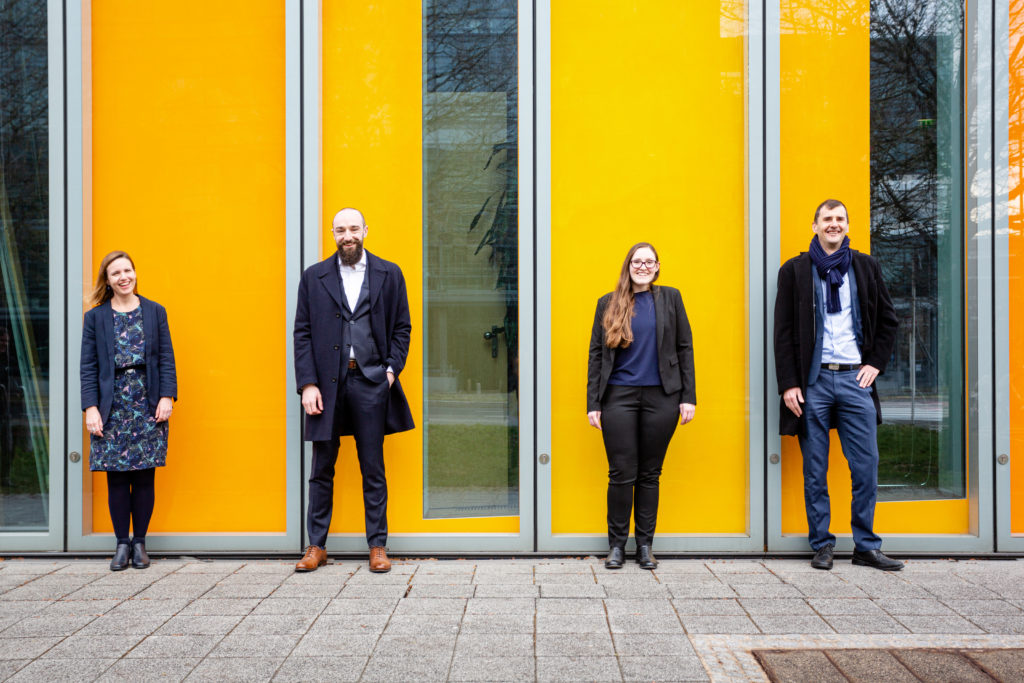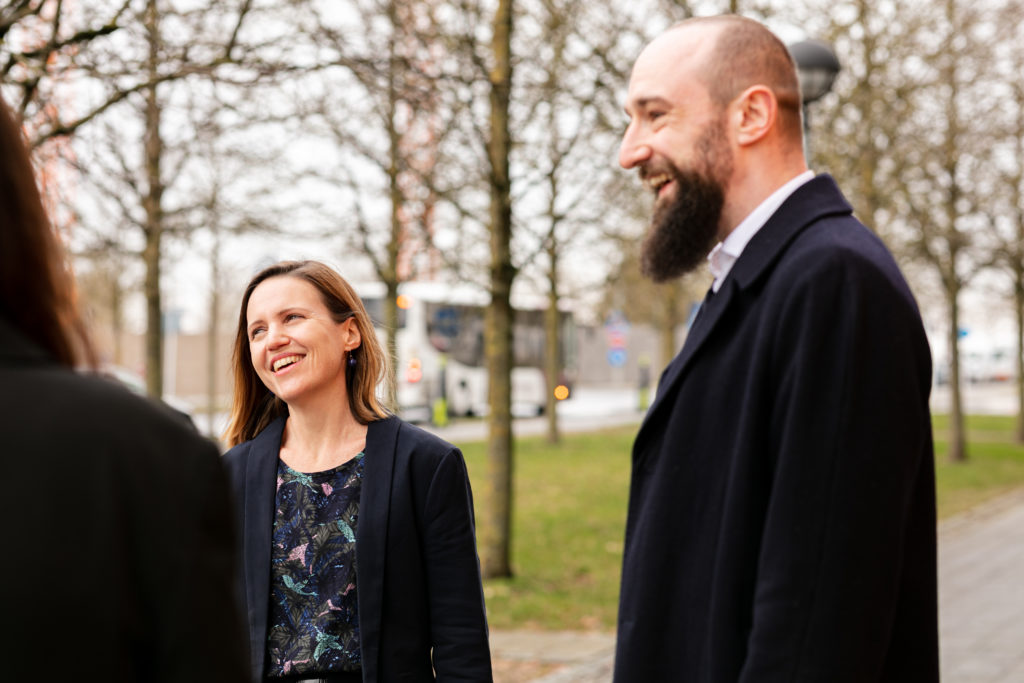In early November 2019, David Heinemeier Hannson — the founder and CTO of Basecamp, and creator of Ruby on Rails — was mad. He and his wife (both millionaires) applied for credit with the Apple Card, and despite the fact that their financial information was completely identical, he was awarded 20 times more credit than his wife. “Women apparently aren’t good credit risks even when they pay off the balance in advance and in full,” he vented on Twitter. His rant gained traction — 27,900 likes, in fact — and the thread grew into a chorus that ultimately got Apple’s attention. “She spoke to two Apple reps. Both very nice, courteous people representing an utterly broken and reprehensible system,” Hannson tweeted, “the first person was like ‘I don’t know why, but I swear we’re not discriminating, IT’S JUST THE ALGORITHM’.”

But algorithms, just like the humans who create them, can of course be sexist. What’s more, they can be racist and classist, too. That’s because algorithms learn from the input they receive. As US congresswoman Alexandria Ocasio-Cortez once explained, “Algorithms are still made by human beings, and those algorithms are still pegged to basic human assumptions. They’re just automated assumptions. If you don’t fix the bias, then you are just automating the bias.”
For banks around the globe, artificial intelligence (AI) holds the promise of liberating themselves (and their customers) from some of the most onerous administrative aspects of their work. But to really benefit from this new technology, they need to find ways to make AI auditable, traceable, and secure. Otherwise, the flaws of our existing human-operated system will just become automated.
"The phenomenon of bias demonstrates the layers of complexity that need to be dealt with before a full AI integration can be realised."
Prof. Radu State, SnT Tweet

Here at SnT, researchers have launched a partnership with the Luxembourg Bankers’ Association (ABBL) and the Fondation ABBL pour l’Education Financière to start ensuring just that. They are working together to explore and develop trustworthy AI tools for instant anti-money laundering due diligence.
“AI offers a massive potential to fully automate processes and provide smart assistance to staff. Yet the phenomenon of bias demonstrates the layers of complexity that need to be dealt with before a full AI integration can be realised,” said Prof. Radu State, Head of the Services and Data Management research group at SnT, and leader of the project. His team, working in close cooperation with their industry partners, will be helping to solve one of the banking industry’s biggest administrative headaches: anti-money laundering due diligence.
"We strive to support the development of high quality, low cost, inclusive banking services, which is why initiatives like this one with SnT are so important."
Ananda Kautz, ABBL Tweet
Each year, reputable banks around the world invest hundreds of millions of dollars into anti-money laundering (AML) compliance — in 2017, LexisNexis estimated that European banks alone spent a staggering 83.5 billion USD on AML measures. AML due diligence accompanies almost every financial transaction you make, and as instant payment solutions continue to grow in popularity around the globe, the importance of efficiently managing this proliferation of paperwork continues to grow with it. “We strive to support the development of high quality, low cost, inclusive banking services, which is why initiatives like this one with SnT are so important for our members to keep an innovative edge,” explains Ananda Kautz, Head of Innovation, Digital Banking and Payments at ABBL.

Working closely with their industry partners at ABBL, SnT researchers will develop a methodology and supporting tools to make AI solutions for anti-money laundering auditable, traceable, and secure. “We want to make sure that Luxembourg’s banks are able to responsibly serve the global community. That means balancing their obligations to prevent criminals and terrorists from moving illicit money around the globe, and their obligations to the diverse individuals who rely on the financial services banks offer,” says State. With transparent and fair AI in their hands, that’s exactly the balance Luxembourg’s banks will be able to strike.